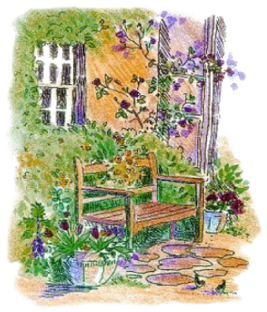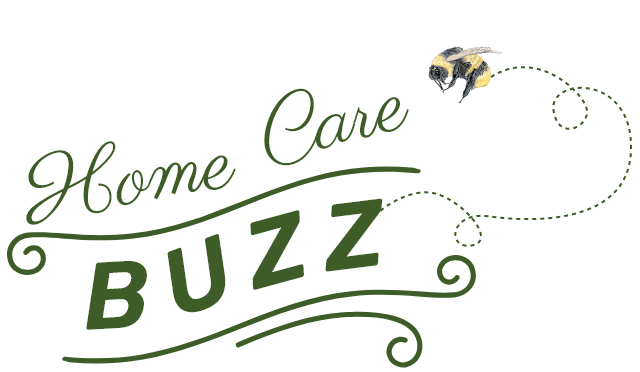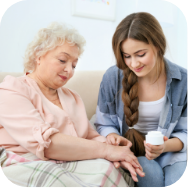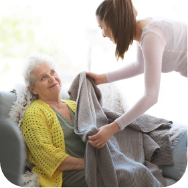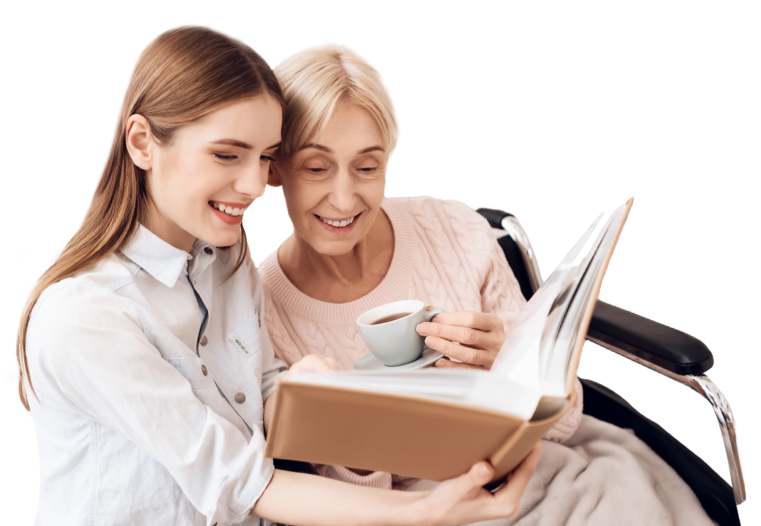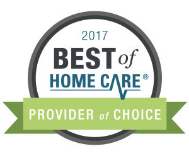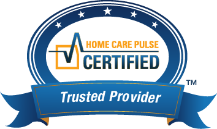Spring Has Sprung!
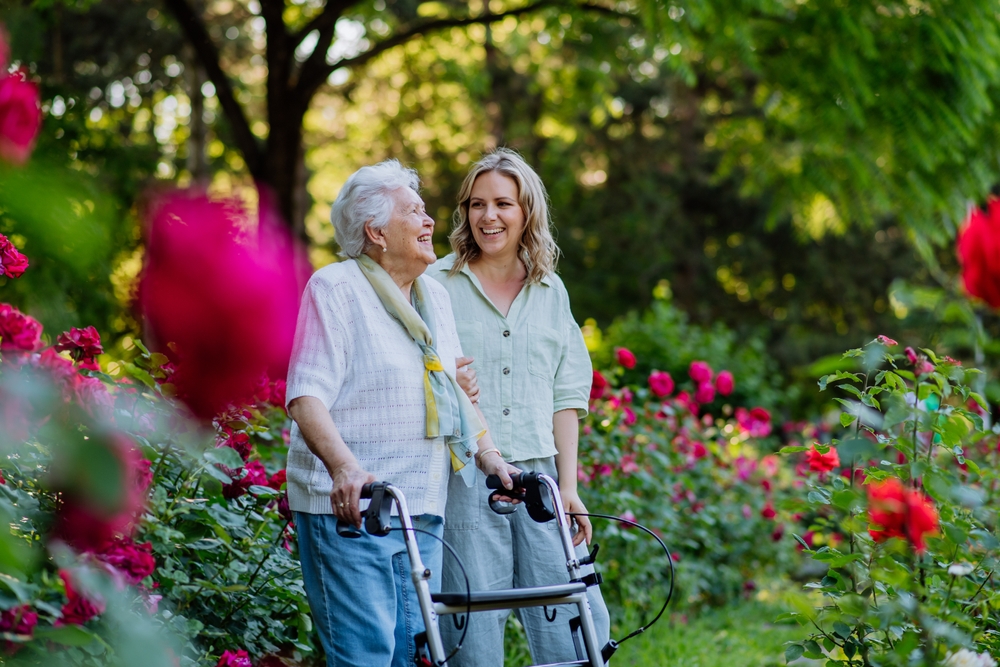
Unfortunately, some of the nicest weather and foliage during the year is accompanied by an onslaught of allergens. As pollen fills the air, people afflicted by seasonal allergies begin to groan.
While allergies are often considered a condition that presents earlier in life, seniors are not exempt from bothersome allergy symptoms. Research suggests that age-related changes to the immune system may leave older adults at greater risk for autoimmune diseases, infections, and allergic inflammation. To complicate matters further, seniors often have chronic diseases and take multiple medications that can make it difficult to diagnose, manage, and treat their seasonal allergies.
Tips for Managing Allergies in the Elderly
Christopher Randolph, M.D., in private practice in Connecticut, offers the following suggestions to help caregivers make allergy season more bearable for their aging loved ones.
Look for Allergy Symptoms
Allergies don’t discriminate between the young and the old. People falsely assume the elderly do not get seasonal allergies when they are just as likely as anyone else to be affected when spring blooms begin to appear. In fact, adult-onset allergies are not unusual. Caregivers should be on the lookout for traditional signs like sneezing, coughing, congestion, runny nose, wheezing, and itchy, watery eyes so they can nip them in the bud.
Inform Their Doctor
It can be difficult for a physician to diagnose allergies in older individuals, especially during short appointments when they’re focused on detecting and managing larger health issues. Allergy symptoms can easily take a backseat to more weighty symptoms like pain, depression, and changes in mental state. Patients with Alzheimer’s disease or other types of dementia may not be able to articulate their discomfort either. If you suspect that your loved one may have allergies, don’t hesitate to inform the doctor of your concerns.
Be Aggressive
It makes sense; allergy symptoms, such as nasal congestion, cough, and an irritated throat, can be extremely dangerous for seniors with pre-existing cardiovascular problems or lung disease. This is why allergies in the elderly should be treated as rapidly and aggressively as possible.
Avoid First-Generation Antihistamines
Certain antihistamines, the class of drug most prescribed to treat allergies, can be dangerous for seniors. Two popular first-generation antihistamines include diphenhydramine (Benadryl) and chlorpheniramine (Chlor-Trimeton). According to the AAAAI, potential side effects of these over-the-counter medicines include anxiety, confusion, sedation, drowsiness, urine retention, dry mouth and eyes, and dizziness.
In addition to these side effects being irritating, they can contribute to dangerous falls and even urinary tract infections (UTIs). Furthermore, antihistamines can potentially cause changes in mood or behavior in the elderly and may lead to dangerous interactions with other commonly prescribed medications.
Instead of reaching for an over-the-counter antihistamine, speak with your loved one’s doctor or pharmacist about alternative allergy treatments first. They will likely recommend a nasal steroid or some form of topical medication. If these options still aren’t relieving your loved one’s allergy symptoms, ask about using a second- or third-generation antihistamine, such as cetirizine (Zyrtec), loratadine (Claritin) or fexofenadine (Allegra). While the AAAAI recommends these allergy medicines for seniors since they cause fewer side effects, it is still important to provide a complete list of all medications a loved one is taking so their doctor or pharmacist can rule out potential drug interactions.
Try Drug-Free Solutions
Seasonal allergies are triggered by increases in allergens in the environment, such as mold spores and tree, grass, and weed pollen. Minimizing exposure to these allergens is an obvious way to avoid bothersome allergic reactions. This is not always easy, but a few lifestyle changes can help.
Getting outside to breathe in the fresh air, exercise, and soak up a little sun is very important for seniors, but doing so during allergy season can leave them feeling worse afterward. Weather forecasts these days typically include a pollen count or allergy forecast. The AAAAI’s National Allergy Bureau collects air samples from stations around the United States and examines them microscopically to report local pollen counts and mold spore levels. Use this information to try to avoid outside activities when outdoor allergens are particularly high.
If you and your loved one must go out, remember to wear sunglasses to avoid eye irritation. As soon as you come home, make a point of washing your hands, showering, and changing into fresh clothes to avoid introducing allergens into the house. Saline nasal sprays can also help rinse allergens out of sinuses and nasal passages, thereby minimizing symptoms. If you and your loved one enjoy opening the windows for fresh air, try to do so only on low pollen days as well.
Make sure your air conditioning unit is serviced regularly and equipped with a High Efficiency Particulate Air (HEPA) filter that can remove allergens from the air to keep them from circulating around the house. If your loved one also has indoor allergies to things like dust, dust mites, and pets, they may benefit from using an air purifier.
If you become aware of your loved one experiencing symptoms of allergies and are in need of assistance this Spring Season, start your inquiries with Caring Companions At Home. We’re a California-licensed agency of caring, experienced staff and trained in-home caregivers ready to assist your loved one. Check out our full range of services on our website or just give us a call at (888) 950-0750 and we'll gladly answer your questions, explain our services, and point you in the right direction.


